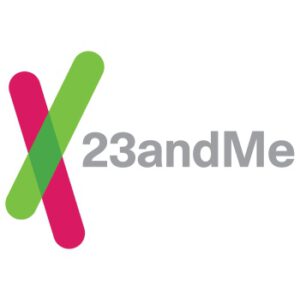
We would like to give a little shout-out to Holly Dunsworth, an assistant professor of anthropology at the University of Rhode Island and a blogger, for her thoughtful post “Be Afraid of Fear, Not Personal Genomics.”
Fear
While there are legitimate topics for debate about genetic testing, some coverage veers far from those real issues, and seemingly serves only to scare people.
Dunsworth cites a few paragraphs from a recent NPR piece that includes a quote from Mark Rothstein, a bioethicist at the University of Louisville.
“We’re basically not ready for a society in which very exquisite, detailed genomic information about every individual, potentially, is out there,” Rothstein said.
Why that might be is not explained by Rothstein, and this is Dunsworth’s point. It just hangs out there playing on people’s fear.
Access
It’s a disservice to play up those fears. In this case, the statement by Rothstein supposes that because a person knows his or her own genomic information, somehow anyone else can learn about it. But that’s not true. There are strong privacy protections for that data. At the same time, if a person is comfortable sharing their information with others, they have the right to do that. This goes back to some of the bedrock principles of ethics that include the autonomy and respect for individuals. Those principles should make clear that a person both has a right to access to their own DNA data, and the right to use it as they see fit.
![]()
Understanding
In a comment to her own post, Dunsworth points out that in the NPR piece in early September there is more space dedicated to the 1997 fictional dystopian movie Gattaca than to real topics for discussion. For Dunsworth, this feeds into people’s own fears and ignorance about the science rather than informing them.
“Even if you don’t get an ounce of joy from the experience, when you’re informed you don’t fall uncritically for claims that (genetic testing is) … dangerous or venomous,” she writes.
One of the missions of 23andMe is to introduce people to their DNA and help them navigate what all the As, Gs, Ts and Cs mean. Our hope is that the more you know about yourself the more you will take charge of your own health. It is also fascinating and fun to explore your genetics and learn about how it may impact your health, or how it makes you unique, or what it says about your ancestry. In the process, we learn that science is dynamic and our knowledge constantly evolving as we find out more about ourselves and what our DNA means.
The journey you take can be both awe-inspiring and fascinating. And as Dunsworth says:
“There’s not a whole lot on the planet that’s cooler than that.”



